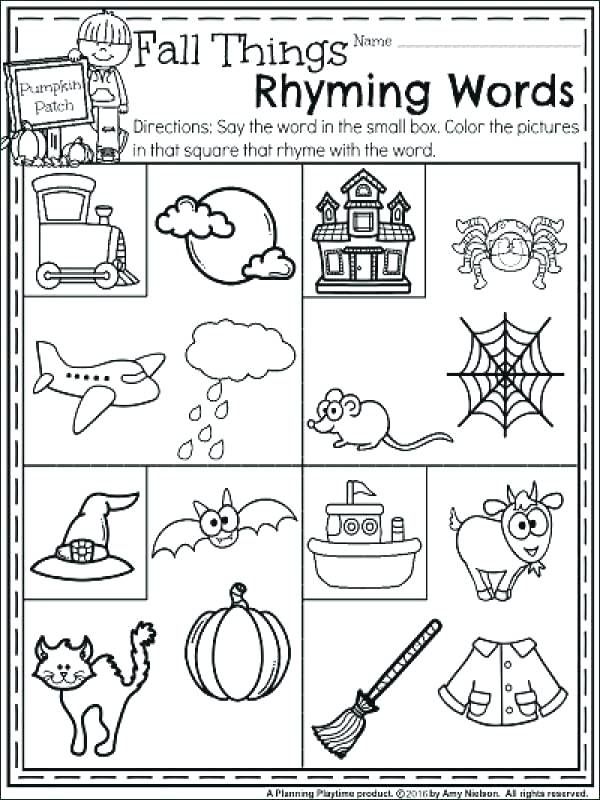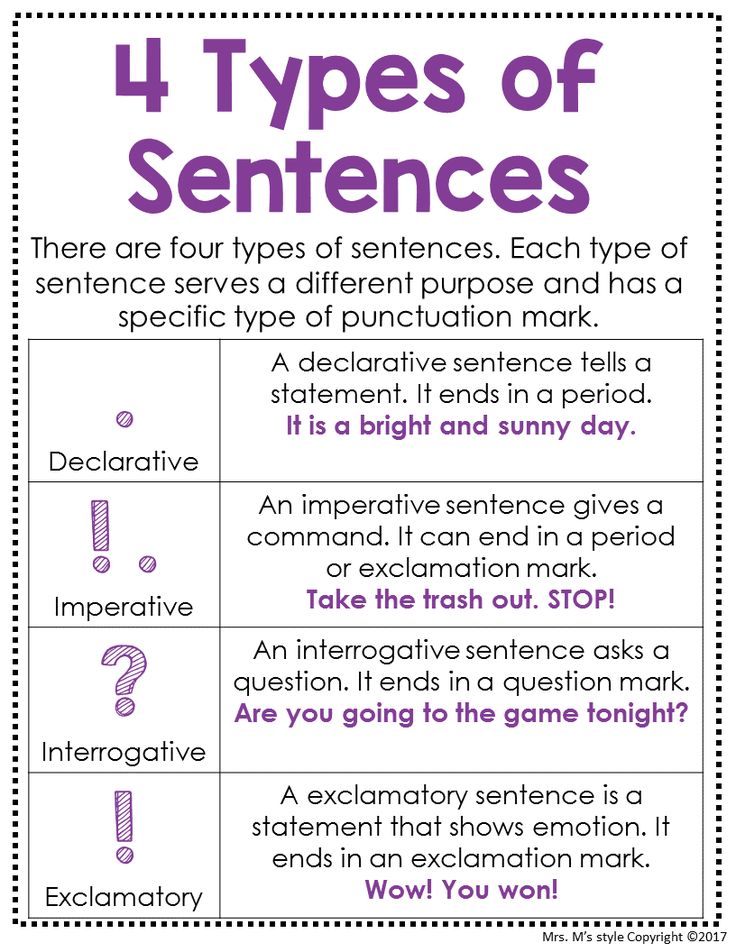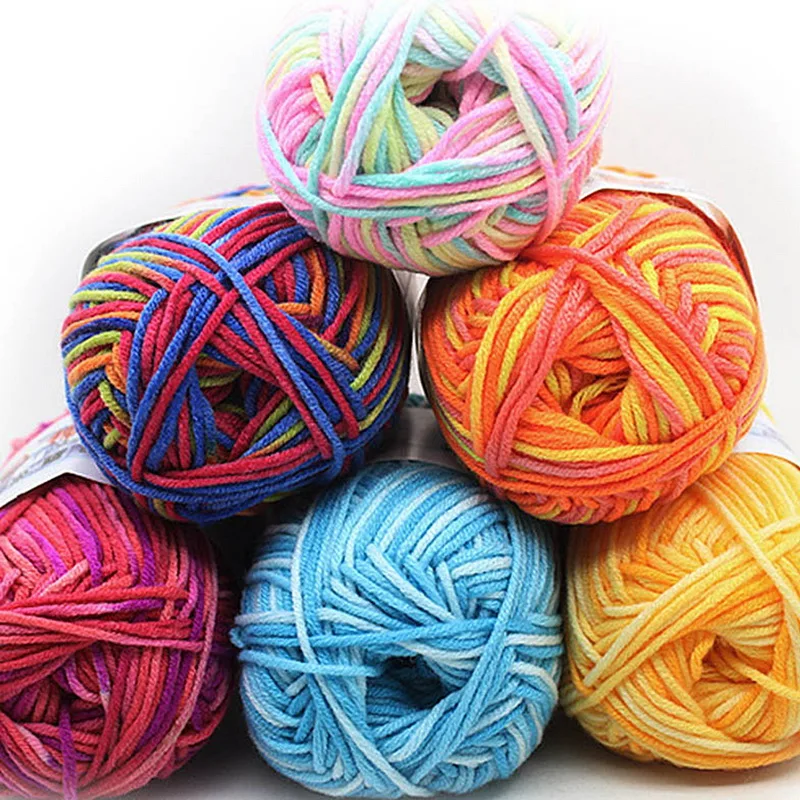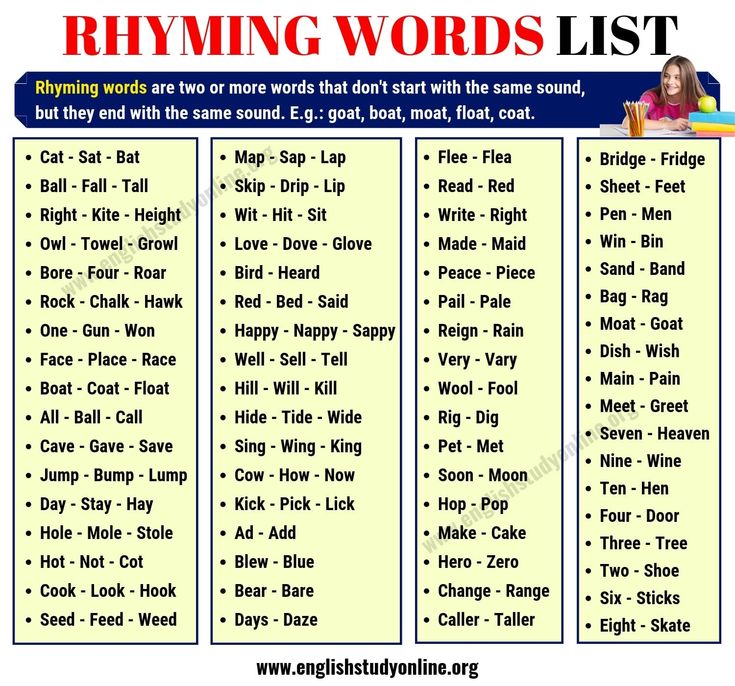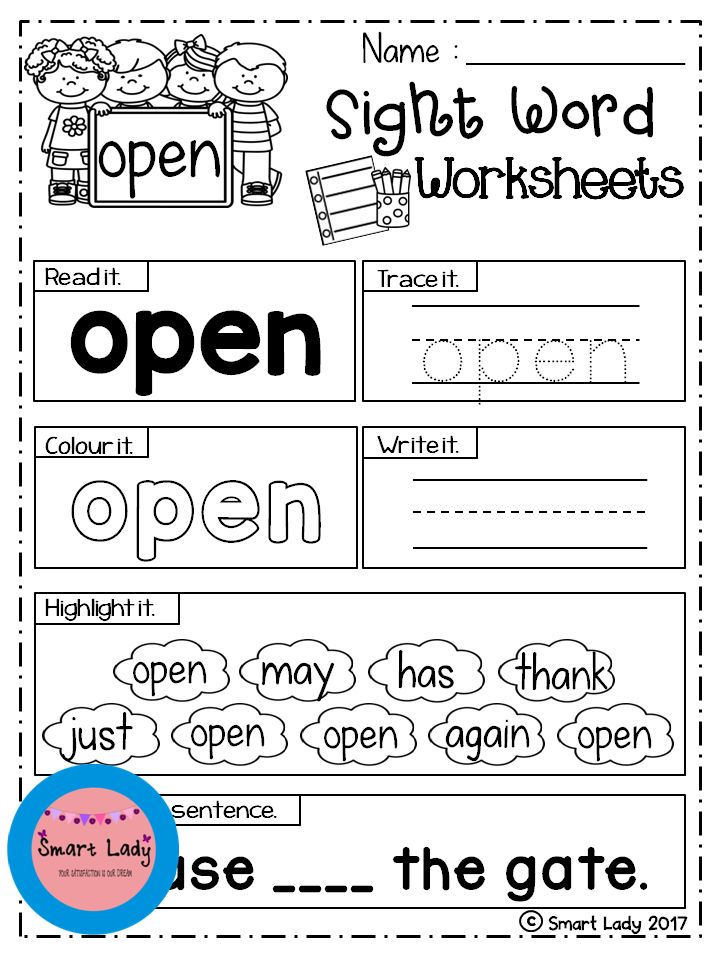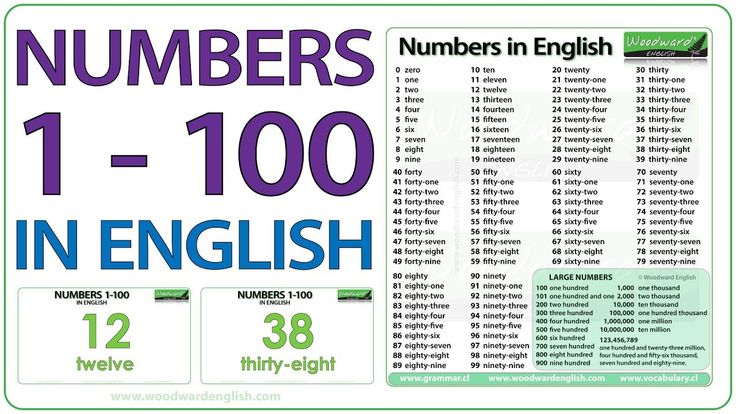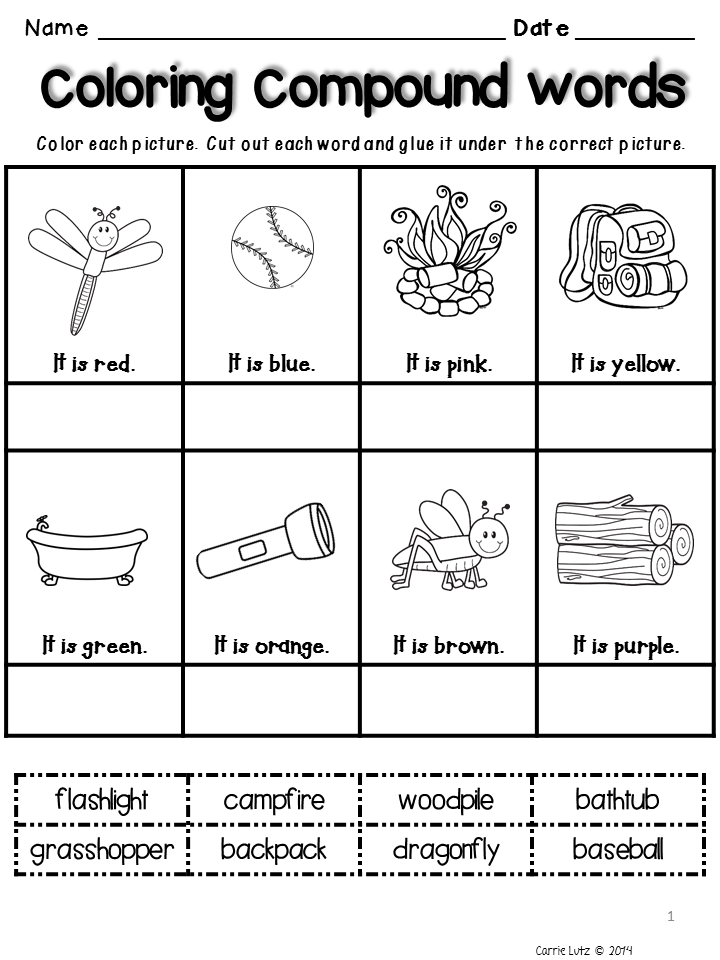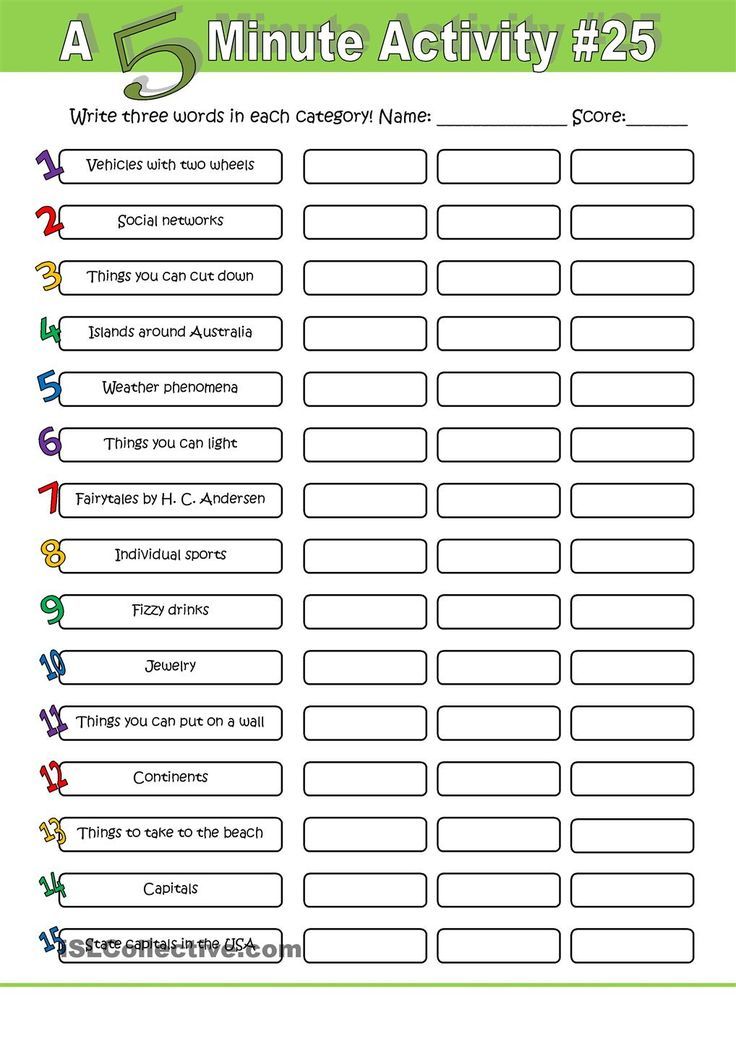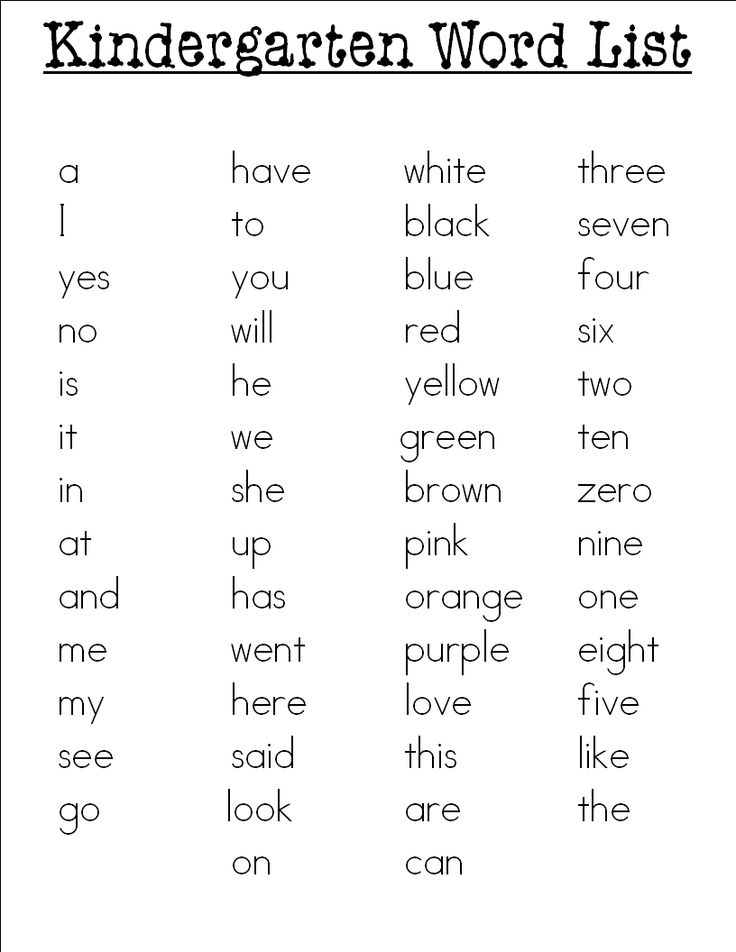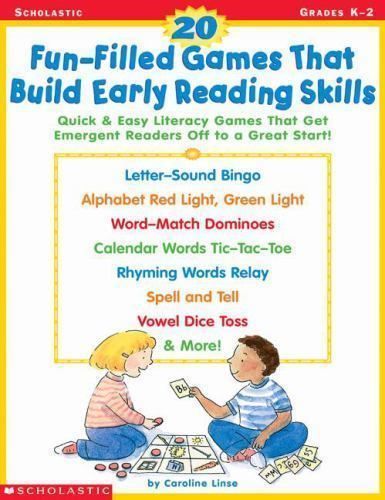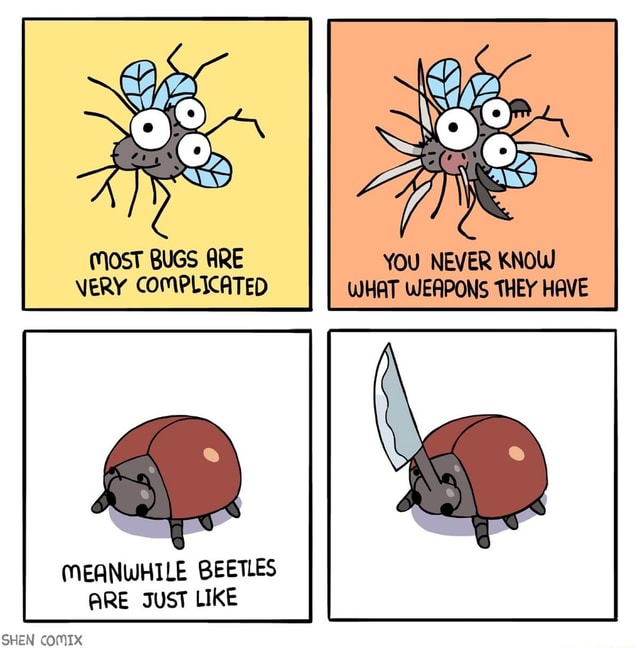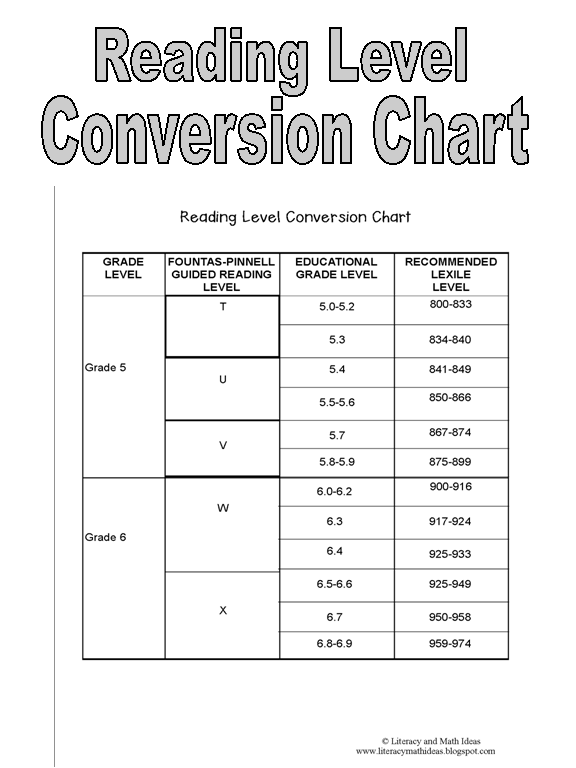Rhyming with other
241 best rhymes for 'others'
1 syllable
- Years
- Curse
- Verse
- Worse
- Worth
- Birth
- Hearse
- Purse
- Earth
- Nurse
- Hers
- Nerve
- Slurs
- Serve
- Spurs
- Stirs
- Blurs
- Furs
- Verbs
- Turns
- Girls
- Kurz
- Swerve
- Birds
- Burns
- Nerves
- Words
- Curve
- Terms
- Girth
- Works
- Hurts
- Terse
- Dearth
- Mirth
- Perth
- Curves
- Worlds
- Nerds
- Pearls
- Herb's
- Curls
- Herbs
- Worms
- Thirds
2 syllables
- Mothers
- Brothers
- Fuckers
- Colors
- Numbers
- Covers
- Suckers
- Lovers
- Wonders
- Occurs
- Vultures
- Summers
- Hustlers
- Smothers
- Busters
- Suffers
- Structures
- Rubbers
- Hunters
- Youngsters
- Shutters
- Gutters
- Runners
- Blunders
- Cultures
- Thunders
- Hovers
- Prefers
- Refers
- Cutters
- Clusters
- Butters
- Utters
- Stutters
- Ruptures
- Shudders
- Buffers
- Mutters
- Flutters
- Youngers
- Truckers
- Bunkers
- Uppers
- Punctures
- Sculptures
- Mongers
- Sluggers
- Dumpsters
- Rutgers
- Dusters
- Fathers
- Gunners
- Plumbers
- Comers
- Jumpers
- Bumpers
- Drummers
- Gushers
- Converse
- Ushers
- Mufflers
- Jugglers
- Ulcers
- Observe
- Soldiers
- Hundreds
- Teachers
- Matters
- Speakers
- Shoulders
- Pictures
- Letters
- Doctors
- Fingers
- Sisters
- Haters
- Writers
- Monsters
- Traverse
- Dollars
- Rappers
- Figures
- Papers
- Killers
- Neighbors
- Answers
- Strangers
- Unearth
- Flowers
- Hours
- Powers
- Prayers
- Niggers
- Averse
- Daughters
- Triggers
- Shooters
- Players
- Actors
- Leaders
- Dealers
- Fakers
- Masters
- Mathers
- Fires
- Gangsters
- Corners
- Waters
- Features
- Scriptures
- Feathers
- Rumors
- Orders
- Liars
- Bothers
- Mirrors
- Losers
- Preserve
- Sneakers
- Murders
- Towers
- Tires
- Manners
- Lighters
- Sinners
- Reverse
- Suburbs
- Members
3 syllables
- Universe
- Listeners
- Characters
- Another's
- Diapers
- Grandmothers
- Amateurs
- Challengers
- Passengers
- Prisoners
- Customers
- Predators
- Scavengers
- Managers
- Officers
- Corridors
- Messengers
- Integers
- Ministers
- Senators
- Coroners
- Monitors
- Foreigners'
- Foreigners
- Bloodsuckers
- Theaters
- Janitors
- Cylinders
- Calendars
- Signatures
- Canisters
- Ghostbusters
- Discovers
- Registers
- Carpenters
- Saboteurs
- Engenders
- Counselors
- Bachelor's
- Newcomers
- Wrestlers
- Settlers
- Cucumbers
- Handlers
- Travelers
- Commoners
- Gardeners
- Regulars
- Jewelers
- Wranglers
- Fiddlers
- Sprinklers
4 syllables
- Motherfuckers
- Competitors
- Binoculars
- Temperatures
- Philosophers
- Contributors
- Kilometers
- Parameters
- Thermometers
- Conspirators
- Solicitors
- Photographers
- Perimeters
- Astronomers
- Entrepreneurs
- Developers
Want to find rhymes for another word? Try our amazing rhyming dictionary.
If you write lyrics you should definitely check out RapPad. It has tons of useful features for songwriters, lyricists, and rappers.
Rhymes | Rhymer.com
1. End Rhymes (blue/shoe)
Words with ending rhyme have the same final vowel sound and following consonant sound(s). For example, if you enter the word laughter under this option, Rhymer retrieves a list of words with the ending sound er (e.g., admirer, doctor, pleasure, scholar, watercolor, and were). Other examples of ending rhyme include:
- hat/cat
- plate/eight
- marigold/buttonholed
This option lets you easily find exact rhymes (words in which the final vowel and consonant sounds are the same) and masculine rhymes (rhyming words with a stressed final syllable).
2. Last-Syllable Rhymes (timber/harbor)
Words with last-syllable rhyme have the same sounds following the last syllable boundary (commonly a consonant, a vowel, and another consonant).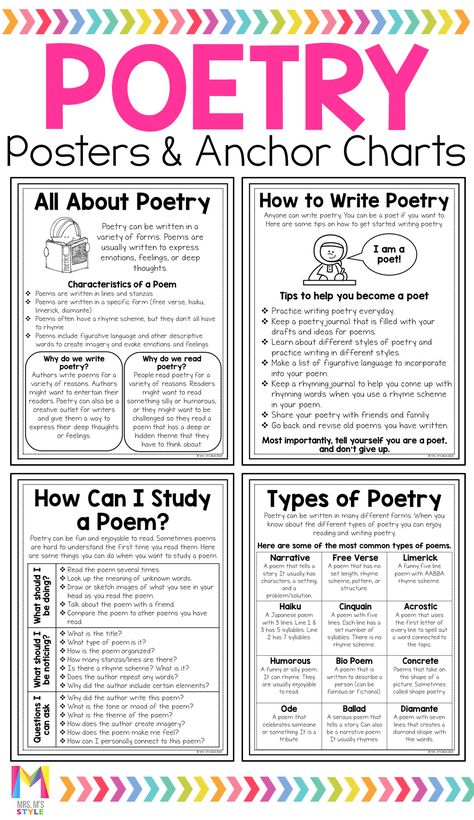 For example, if you enter the word explain using this option, Rhymer retrieves a list of words with the last syllable sound plain (e.g., aquaplane, biplane, plane, and plain). Other examples of last-syllable rhyme include:
For example, if you enter the word explain using this option, Rhymer retrieves a list of words with the last syllable sound plain (e.g., aquaplane, biplane, plane, and plain). Other examples of last-syllable rhyme include:
- humanity/zesty
- threw/breakthrough
- pleat/complete
This option lets you find masculine rhymes and all other words with final syllables (stressed or unstressed) that rhyme with the word you entered.
3. Double Rhymes (conviction/prediction)
Words with double rhyme have the same vowel sound in the second-to-last syllable and all following sounds. For example, if you enter the word soaring using this option, Rhymer retrieves a list of words with the sound oring (e.g., adoring, exploring, pouring, scoring, touring, and restoring). Other examples of double rhyme include:
- walking/talking
- humming/coming
- navigator/waiter
This option lets you find feminine rhymes (rhyming words with an unstressed final syllable).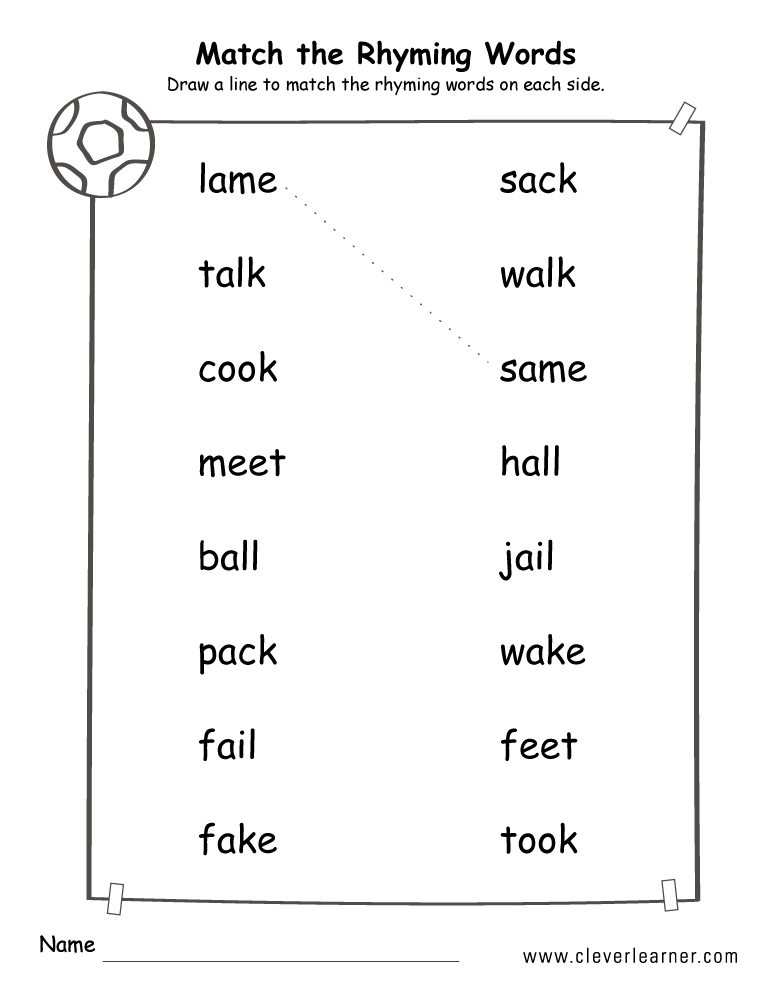 Words entered using this option must have at least two syllables.
Words entered using this option must have at least two syllables.
4. Triple Rhymes (transportation/dissertation)
Words with triple rhyme have the same vowel sound in the third-to-last syllable and all following sounds. For example, if you enter the word combination using this option, Rhymer retrieves a list of words with the sound anation (e.g., explanation, coronation, destination, and imagination). Other examples of triple rhyme include:
- antelope/cantaloupe
- greenery/scenery
- mightily/vitally
Words entered with this option must have at least three syllables.
5. Beginning Rhymes (physics/fizzle)
Words with beginning rhyme have the same initial consonant sound(s) and the same first vowel sound. For example, if you enter the word plantation using this option, Rhymer retrieves a list of words with the sound pla (e.g., plan, plaque, plaster, and plateau). Other examples of beginning rhyme include:
- scenery/cedar
- cat/kangaroo
- table/tailor
This option lets you find words with initial alliteration (the repetition of initial consonant sounds), initial assonance (the repetition of initial vowel sounds), and front rhyme (the succession of beginning sounds of words).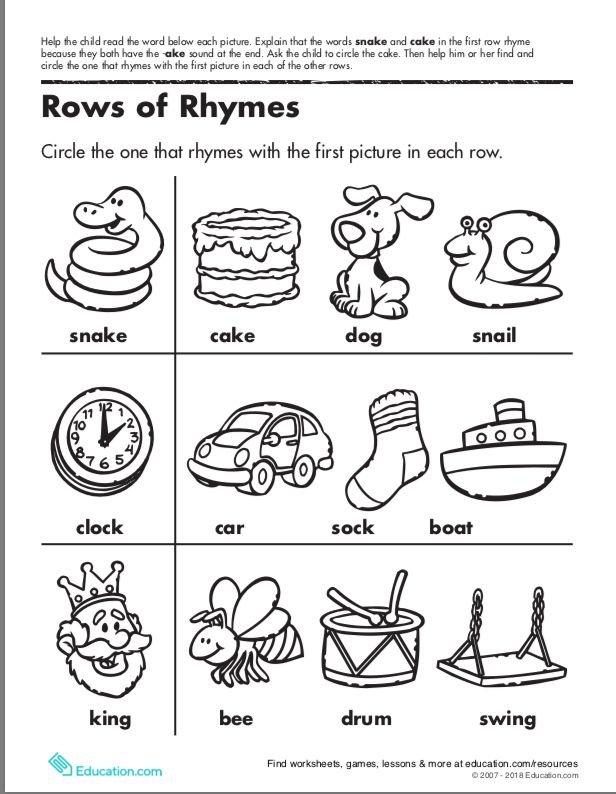
6. First-Syllable Rhymes (carrot/caring)
Words with first-syllable rhyme have the same sounds preceding the first syllable break. For example, if you enter the word explanation using this option, Rhymer retrieves a list of words with the sound ex (e.g., excavate, exhale, expert, and extra). Other examples of first-syllable rhyme include:
- pantaloons/pantomimes
- highlight/hydrant
- tulip/twosome
Top Ten Rhymes
- you
- me
- love
- life
- time
- day
- world
- heart
- now
- up
Browse Rhyming Words
- A
- B
- C
- D
- E
- F
- G
- H
- I
- J
- K
- L
- M
- N
- O
- P
- Q
- R
- S
- T
- U
- V
- W
- X
- Y
- Z
Compound (polysyllabic) rhymes. How to rap [liters]
One-syllable rhymes such as "cat", "bat", and "hat" are quite rare in today's rap, as most lyrics are now based on compound rhymes, also known as polysyllables.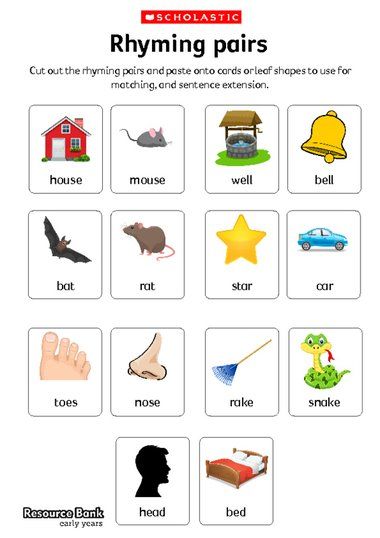 A rhyme becomes compound when more than one syllable is involved in it. In the Wu-Tang Clan song "Triumph", Inspectah Deck uses the following polysyllabic rhyme:
A rhyme becomes compound when more than one syllable is involved in it. In the Wu-Tang Clan song "Triumph", Inspectah Deck uses the following polysyllabic rhyme:
dropping these
mockeries
Here "dropping these" rhymes with "mockeries" in all three syllables.
Compound rhymes can be a mixture of other types of rhymes that we considered earlier. Thus, the syllables "these" and "-ies" are exact rhymes, while "drop-" and "mock-" are assonant[22].
Many MCs are known for their multisyllabic rhymes. Big Daddy Kane and Kool G Rap were pioneers in this field, pushing the technique they discovered to the limit, influencing artists such as Eminem and the late Big Pun.
Kool G Rap
Rhyming polysyllabically, you won't rhyme "fight" with "light" and then "with all my might". You're going to do "random luck" and "handsome fuck", "we cop vans and trucks" - that's some shit. Simple rhymes don't catch like these.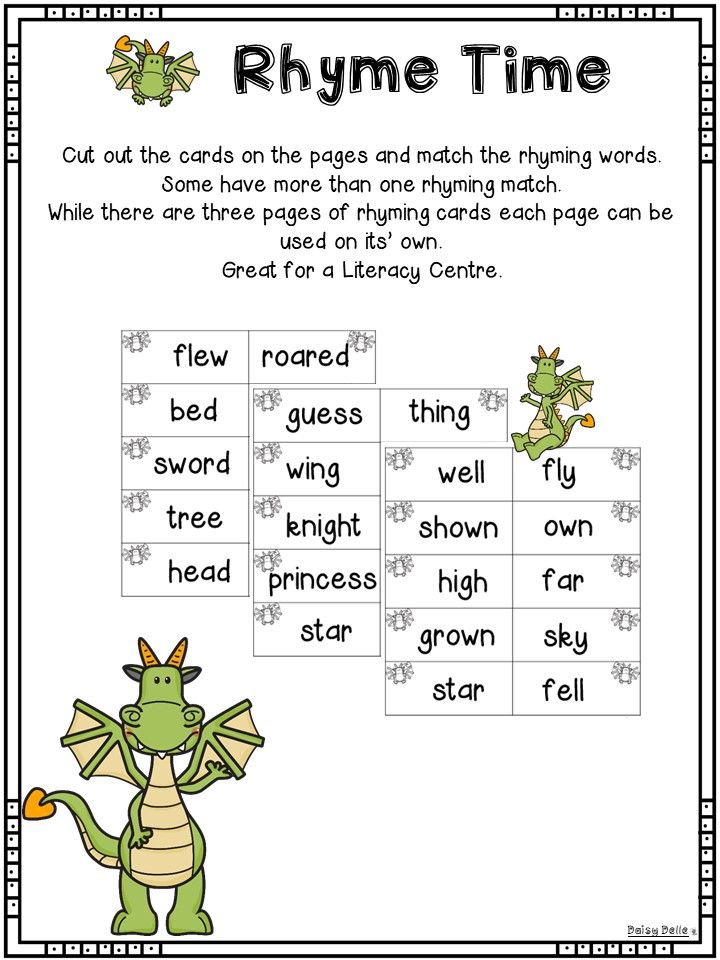
It is necessary to use polysyllabic rhymes more often so that they sound like they have not been used before. The more interesting combinations of words you can come up with, the more you will stand out from the background of the most skilled rappers.
Speech, Arrested Development
Most of the time I look for words that have not yet been rhymed, and for this I take two words and rhyme them with a third, which contains as many syllables as the first two.
Masta Ace
There are guys who rhyme "cat" with "bat" and "hat" and that's it, but there are still a lot of combinations to think about. If you have a poor vocabulary, you can’t write many verses - such rappers appear from everywhere and all the time. But listening to a whole album consisting stupidly of "cat", "bat", "hat" is just boring. That's why, as an artist, I listen to other rappers - the ones I appreciate for word combinations that are beyond my imagination.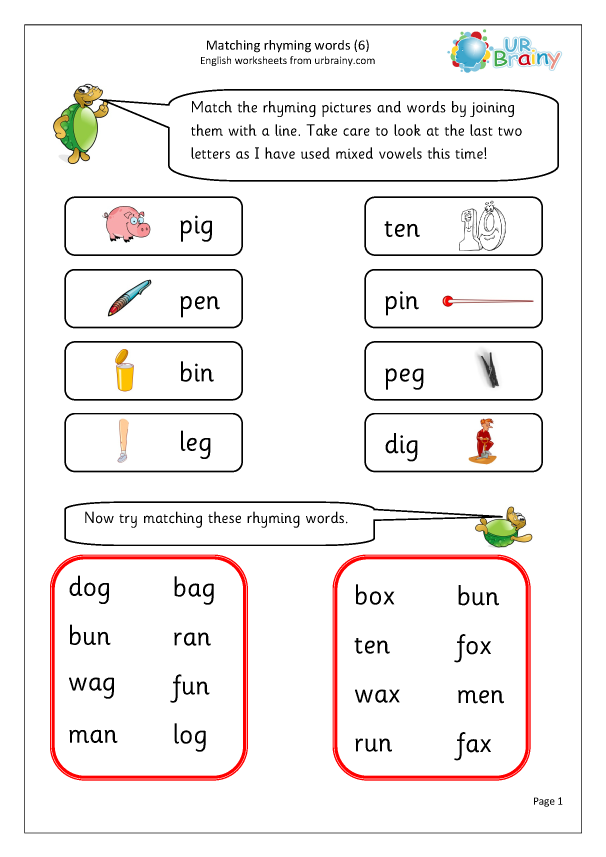
Linking polysyllabic rhymes
Since polysyllabic rhymes can vary in length and use different sounds, there are many ways to link them together. By mastering certain techniques, you can make rhymes more interesting.
Killah Priest, Wu-Tang Clan affiliate
Rhymes must fit together - you need to connect them correctly, as if you were sewing a shirt.
Pharoah Monch
Making the flow interesting in order to captivate the listener is as important as putting the right message into the song - that's what I constantly strive for.
Text connection
When polysyllabic rhymes are built into text, the rhyming syllables themselves create a connection between them, to the point that they can set a completely different rhythm. Polysyllabic rhymes may have a different number of syllables or different accents, but strong rhymes create a strong bond[23].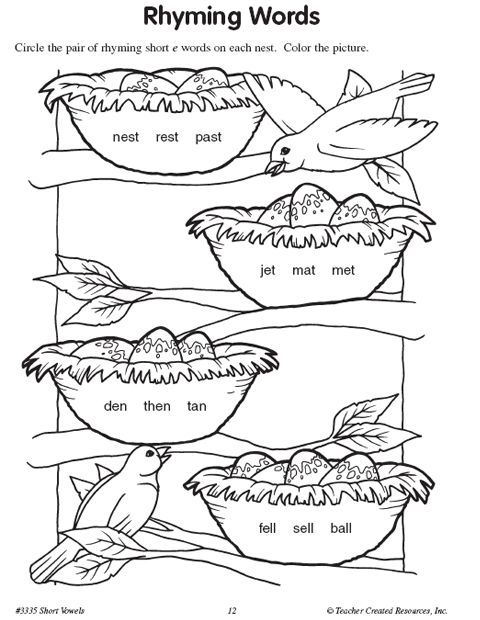
Here's an example from the Lady of Rage track "Unfucwitable":
The multisyllabic rhymes "mic brawler", "night crawler" and "like I'm off that water" are each stressed in a completely different place, and the latter has more syllables than the others, but they all share a single rhyme. The first syllable of each phrase rhymes with others ("mic", "night", "like"), and they all end in two syllables that also rhyme ("brawler", "crawler", "water").
Merging with rhythm
When polysyllabic rhymes are combined with rhythm, this rhythm creates a connection between words, even if the rhymes are slightly similar. Although rhyming syllables form some level of connection themselves, rhythm helps to establish a stronger connection.
Here is an example from the first verse of Snoop Dogg in Dr. Dre "Nuthin' but a G Thang":
Polysyllabic rhymes end with the exact "the four" and "the door", but the beginnings of the rhymes are connected only by the stretched assonances "three" and "Dre".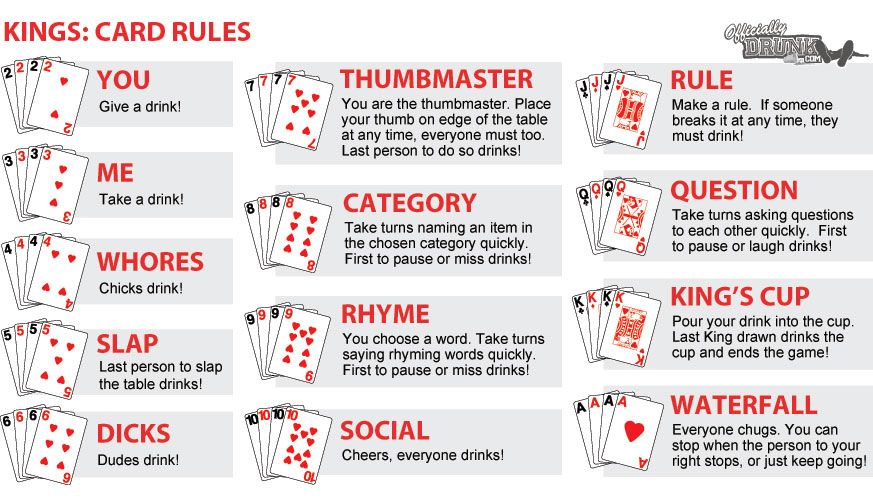 The connection is created largely through rhythm: both complex rhymes have the same number of syllables, which are emphasized in the same place in each phrase. Even though the phrases don't rhyme exactly, there are enough connections in rhythm and rhyme to make the phrases work together.
The connection is created largely through rhythm: both complex rhymes have the same number of syllables, which are emphasized in the same place in each phrase. Even though the phrases don't rhyme exactly, there are enough connections in rhythm and rhyme to make the phrases work together.
Rhythm linking can help when you're trying to compose a particular piece but can't find the words to rhyme the same way. As Nelly says, "when you get what you want to say, you don't worry about the rhyme", but the rhythmic connection of the lyrics to the music enhances the impact of the track.
Partial bonding
With partial linking, individual rhyming sounds interact with polysyllabic rhymes, but do not form new, more complex rhymes. You can have two fully assembled polysyllabic rhymes, and with them a couple of separate words here and there associated with these polysyllabic rhymes. Partial connections can be monosyllabic rhymes or incomplete complex ones, combined in a certain way with the main polysyllabic ones [24].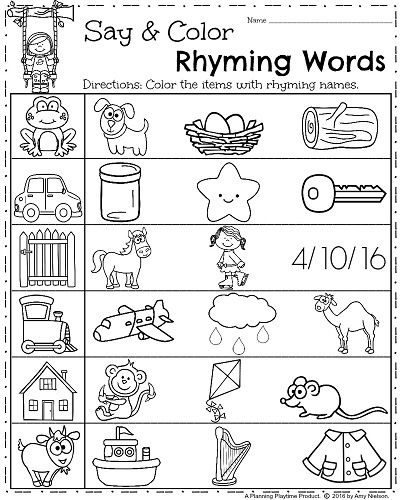
Consider an example from Jay-Z's "22 Twos":
There are two main polysyllabic rhymes at the end of each line: "too late to come together" and "too much love equal forever". They are connected to each other by an exact rhyme at the beginning ("too" and "too"), by assonances at the end of each phrase ("together" and "forever"), and by assonances "come" and "love" in the middle.
The phrase “too much” forms a partial link here. It connects with "too" and "too much" in two main rhymes, but is not itself polysyllabic, since it does not have the remaining elements of the main rhymes.
Partial linking will help you add more rhymes to your text, as you can link additional words or phrases to main rhymes without creating new multisyllabic rhymes.
Lesson 5 RHYME - Poetic childhood
Rhyme is usually called the consonance of the endings of words at the end of a verse. But sometimes there are rhymes in other places of the verse (beginning, middle). There are consonances not of endings, but of the roots of words (the so-called root rhymes). Strictly speaking, rhyme can be called any sound repetition that has an organizing function in the composition of a poem. However, in most of the verses in Russian, rhymes are precisely terminal. Only they will be discussed further.
But sometimes there are rhymes in other places of the verse (beginning, middle). There are consonances not of endings, but of the roots of words (the so-called root rhymes). Strictly speaking, rhyme can be called any sound repetition that has an organizing function in the composition of a poem. However, in most of the verses in Russian, rhymes are precisely terminal. Only they will be discussed further.
An exact rhyme is one in which the sounds are the same, starting from the stressed vowel to the end of the word : winter - at home, blizzard - rigmarole, joy - sweetness. We are talking about the coincidence of sounds, not letters.
So, the rhyme boring - stuffy is accurate, because the first word is pronounced "boring". Words strictly - someone else's do not rhyme, because pronounced "foreign".
The pronunciation of unstressed "a" instead of "o", "i" instead of "e" and other features of pronunciation also play a role.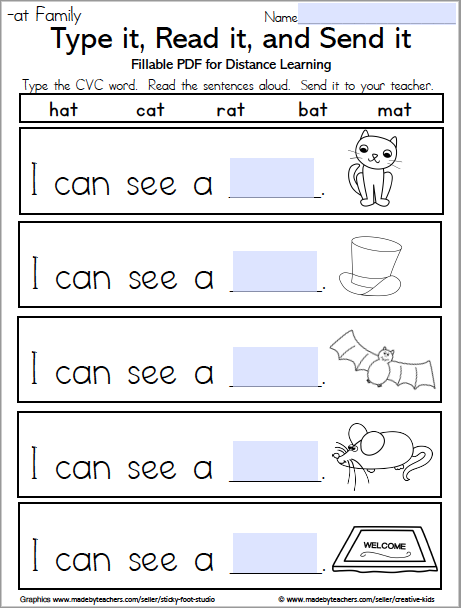 For example, muting the terminal consonants: a moment - a cry, you are silent - a siskin.
For example, muting the terminal consonants: a moment - a cry, you are silent - a siskin.
In inaccurate rhyme not all sounds from the stressed vowel to the end of the word coincide: spring - autumn, trick - hold. If many sounds coincide in inaccurate rhymes, they are perceived well and even in an original way. Inaccurate, but sonorous and beautiful, maybe truncated rhymes : couples - park, shadows - genius, disk - paradise.
The rhyme need not be exact, but it must be sufficient. In Russian, to form a sufficient rhyme, you need the coincidence of a stressed vowel and at least one consonant before or after this vowel : house - clod, firewood - cover, wife - spring.
Combinations are not rhymes when only the stressed vowel matches : winter - spring, wind - ashes, cat - ox. The exception is the alternation of iota with a soft consonant: the earth is mine, love is mine, I am the fields. Conversely, are not combination rhymes when the stressed vowel is not among the matching sounds : luck - rebellion, walk - sew. In inaccurate rhymes, the coincidence of two sounds is not always enough to form a rhyme: a cat is a chip, stones are branches. Sometimes the coincidence of the third sound is necessary: stones - with hands. Sometimes you can rhyme voiced and their corresponding deaf consonants, especially hissing ones: shower and - turn and , braid - goat, forests - eyes. In other cases, such a rhyme is felt as insufficient: hand - foot. You need a match of the third sound: Oka - leg.
Conversely, are not combination rhymes when the stressed vowel is not among the matching sounds : luck - rebellion, walk - sew. In inaccurate rhymes, the coincidence of two sounds is not always enough to form a rhyme: a cat is a chip, stones are branches. Sometimes the coincidence of the third sound is necessary: stones - with hands. Sometimes you can rhyme voiced and their corresponding deaf consonants, especially hissing ones: shower and - turn and , braid - goat, forests - eyes. In other cases, such a rhyme is felt as insufficient: hand - foot. You need a match of the third sound: Oka - leg.
The more sounds match, the richer the rhyme. Strictly speaking, rich rhyme is such an exact rhyme in which at least one more sound coincides before the stressed rhyming vowel: rich - horned, jealous - wash, frost - roses, alien - boundary.
In male rhymes the consonant vowel falls on the last syllable : red - half asleep, cold - star, scrap - com.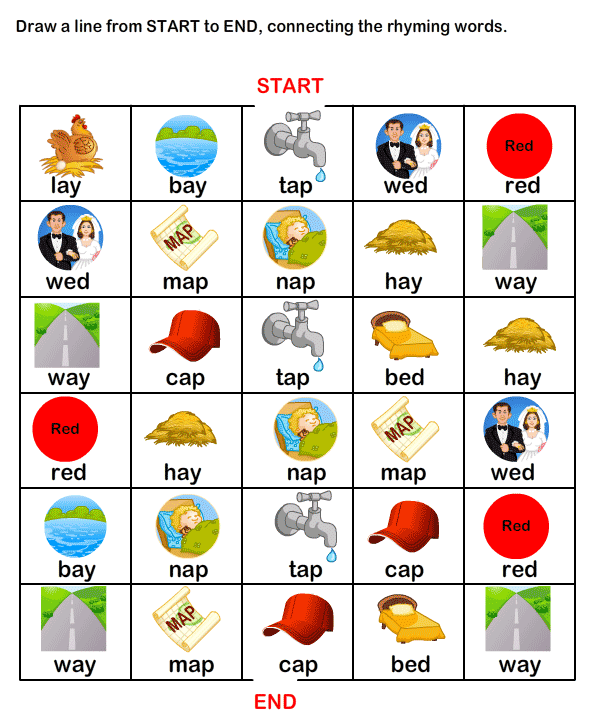 In feminine rhymes the consonant vowel is to the penultimate syllable : cold - young, spring - local, walking - shooting, genius - shadows. In dactylic rhymes, the consonant vowel is in the third syllable from the end of the word: spring - autumn, reflection - plant, heavenly - tree. In hyperdactylic rhymes, the consonant vowel is on the 4th syllable from the end or further: joyful - sweet, majestic - quantitative. Hyperdactylic rhymes are rare. There are 9 more0021 compound rhymes - when a combination of several words rhymes with one word: that you are new, one I am Noah, wills - up to that.
In feminine rhymes the consonant vowel is to the penultimate syllable : cold - young, spring - local, walking - shooting, genius - shadows. In dactylic rhymes, the consonant vowel is in the third syllable from the end of the word: spring - autumn, reflection - plant, heavenly - tree. In hyperdactylic rhymes, the consonant vowel is on the 4th syllable from the end or further: joyful - sweet, majestic - quantitative. Hyperdactylic rhymes are rare. There are 9 more0021 compound rhymes - when a combination of several words rhymes with one word: that you are new, one I am Noah, wills - up to that.
The combination of different types of rhymes in one poem makes it rhythmically more diverse and interesting. But even with the help of the same type of rhymes, special effects can be achieved. For example, with the help of only male rhymes - abruptness of speech, the completeness of each verse, with the help of only female and dactylic ones - great melodiousness, thoughtfulness, sometimes understatement.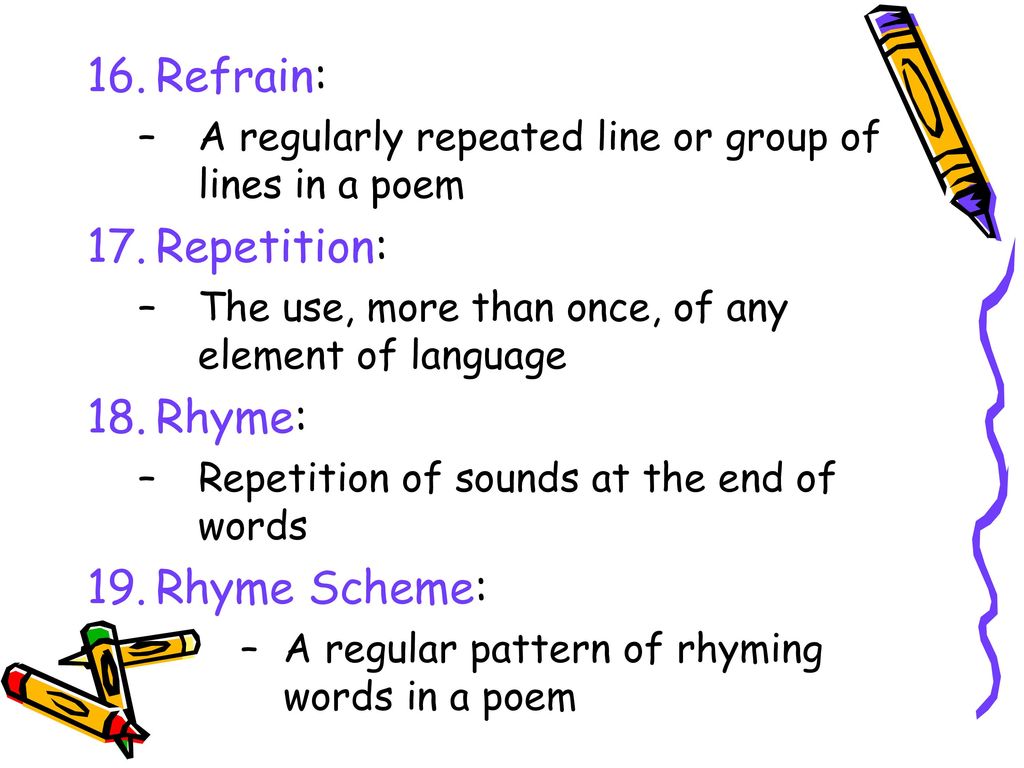
It should be taken into account that the semantic meaning of frequently used banal rhymes is weakened. These are, for example, rhymes: love - blood, frost - roses, dreams - tears, joy - youth. It’s bad if in a poem all the rhymes “set the teeth on edge”. However, 10-15% of the original rhymes are enough for the poem to be perceived as unbanal. For example, in the 1st chapter of "Eugene Onegin" there are approximately 15% of original rhymes.
verbal rhymes can be counted among the banal ones : walk - talk, write - read, wander - drink, etc. It is especially bad when all the rhymes in the quatrain are verbal, and even not rich. But do not go to the other extreme - completely avoid verbal rhymes. They can be appropriate when you need to emphasize the action. One or two verbal rhymes by themselves will not spoil the poem. Classical poets have about 10% verbal rhymes in epic works, and 3-5% in lyrics. It is good to rhyme verbs with other words: angry - cherub, count - mother, sorrow - hunched, etc.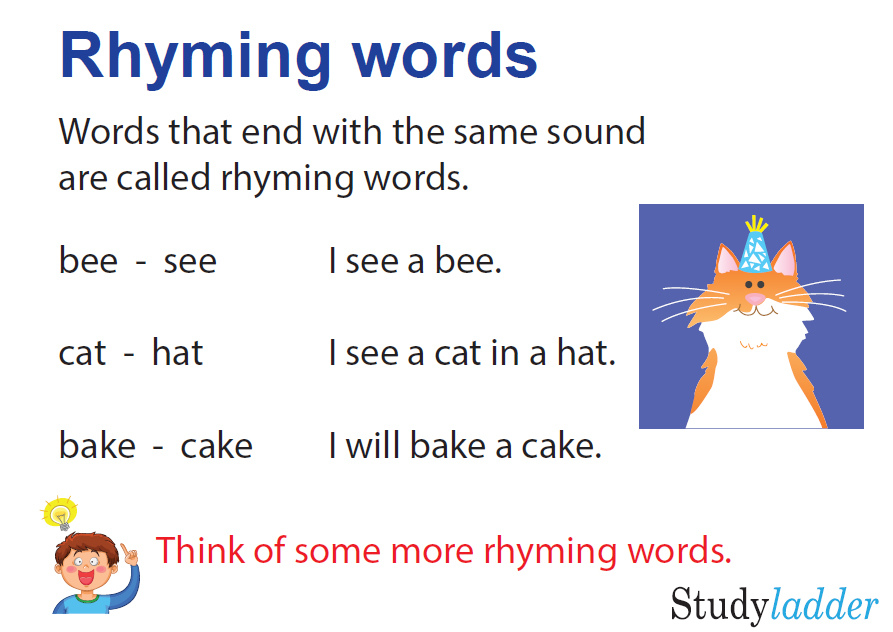
Internal rhymes at the beginning and middle of a verse
the endings of the verse rhyme, but sometimes there are additional rhymes within the verse that emphasize its meaning or emotional direction. Internal rhymes are regular, i.e. recurring in each verse, and sometimes irregular - present only in individual verses, which thereby stand out from the general series, acquire a special meaning. An example of a regular internal rhyme is K. Balmont's poem "Fantasy":
Like living sculptures, in the sparks of moonlight,
The outlines of pines, firs and birches slightly tremble.
The prophetic forest calmly slumbers, the bright light of the moon accepts
The whole is full of secret dreams ...
This poem could be written in 8 lines. Writing them in 4 lines, Balmont made the size more drawn out, expressing the contemplative thoughtfulness, elegiacity of the poem.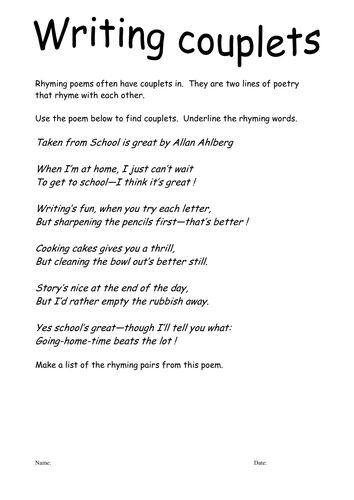
Mayakovsky has many internal rhymes. Here is an example from the poem "Mexico":
But you really need
for the sea
White,
What the Indian does not need.
Zadna
in white
Isabella,
Wife
King Ferdinanda.
Mayakovsky emphasized internal rhymes and pauses with a graphic breakdown of lines: white - white - Isabella, greedy - wife. Internal rhymes make Mayakovsky's poem very bright and expressive.
We also note that Mayakovsky has many so-called deep rhymes - inaccurate rhymes enriched with consonances of the pre-stressed part of the word, as well as compound rhymes from several words: , you need skill - bewilderment, opened his mouth - please. Here is an example from the poem "Good!", which has become winged:
Years up to a hundred
grow
us
without old age.